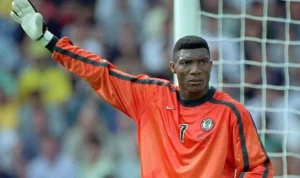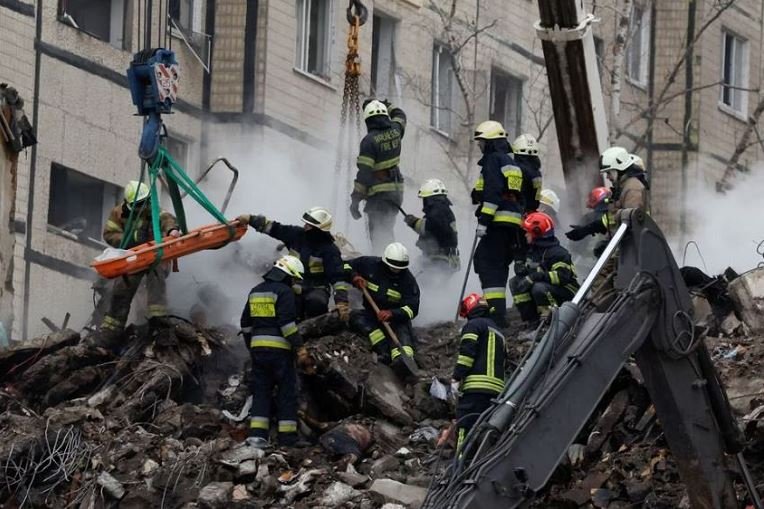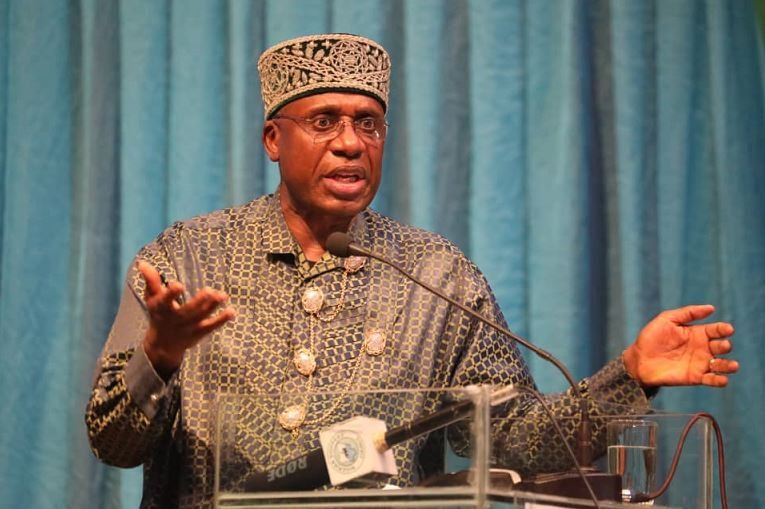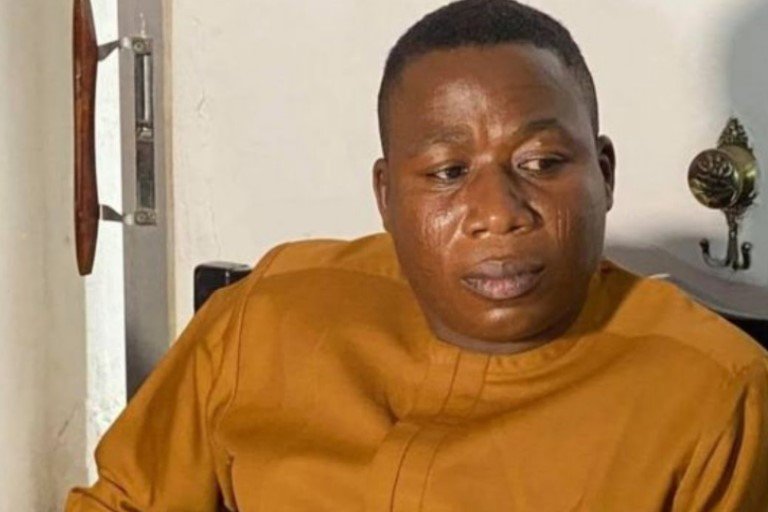The death toll from a Russian missile strike on an apartment building in the Ukrainian city of Dnipro climbed to 21 on Sunday, as rescue workers raced to dig through a huge pile of debris in search of survivors.
At least 35 people were still missing and 73 were injured, Mykola Lukashuk, head of the regional council, wrote on the Telegram messaging app.
“Burn in hell, Russian murderers,” he wrote.
The building in Dnipro, a city in east-central Ukraine, was partly destroyed during a series of attacks on Saturday, Russia’s largest wave of strikes in two weeks.
On the ground, fighting was still focused on the towns of Soledar and Bakhmut in the eastern Donbas region.
Rescuers toiled through the night searching for survivors. On Sunday morning, they could be seen punching and kicking through heaped mounds of smashed concrete and twisted metal.
In a statement on Sunday on the strikes the previous day, the Russian defence ministry did not mention Dnipro as a specific target.
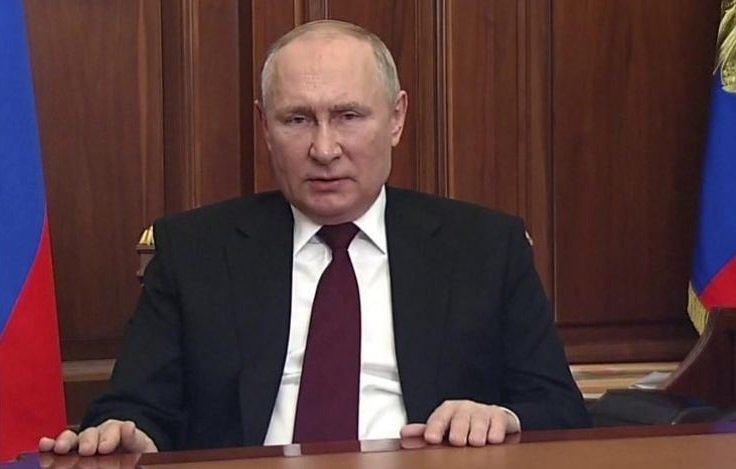
“All assigned objects were hit. The targets of the strike have been achieved,” it said.
Emergency workers said they had heard people screaming for help from underneath piles of debris and were using moments of silence to help direct their efforts.
“Two rooms on the second floor remain practically intact but buried,” Oleh Kushniruk, a deputy director of the regional branch of Ukraine’s State Emergency Service, told Ukrainian television.
Lukashuk, the regional council chief, said 38 people had been rescued as of Sunday morning, including six children.
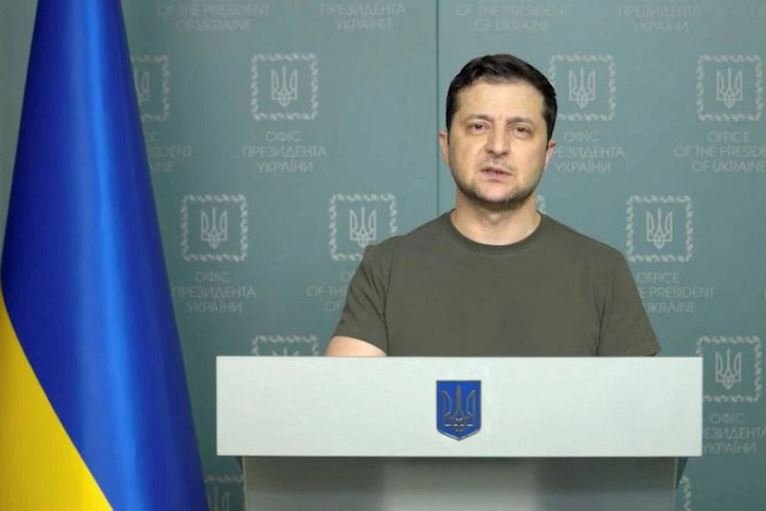
Ukraine’s top military command said on Sunday that Russia launched three air strikes, 57 missile strikes and carried out 69 attacks from heavy weapon rocket salvo systems on Saturday. Ukrainian forces shot down 26 rockets.
A spokesperson for Ukraine’s southern command also told local television on Sunday that Russia had fired only half of the cruise missiles it had deployed to the Black Sea during Saturday’s attacks.
“This indicates that they still have certain plans,” said the spokesperson, Natalia Humeniuk. “We must understand that they can still be used.”
The strikes on Saturday also hit critical infrastructure in Kyiv and other places. Officials warned this would restrict power supply for the capital and large swathes of the country over the next few days.
Russia, which invaded Ukraine last February, has been pounding the country’s energy infrastructure with missiles and drones since October, causing sweeping blackouts and disruptions to central heating and running water.
Appeal for more weapons
In his evening video address on Saturday, President Volodymyr Zelenskiy issued a fresh appeal to his Western allies for more weaponry to end “Russian terror” and attacks on civilian targets.
Saturday’s attack came as Western powers consider sending battle tanks to Kyiv and ahead of a meeting of Ukraine’s allies in Ramstein in Germany next Friday, where governments will announce their latest pledges of military support.
On Saturday, Britain followed France and Poland with promises of further weapons, saying it would send 14 of its Challenger 2 main battle tanks as well as other advanced artillery support in the coming weeks.
The first despatch of Western-made tanks to Ukraine is likely to be viewed by Moscow as escalation of the conflict. The Russian Embassy in London said the tanks would drag out the confrontation.
Russian President Vladimir Putin launched the invasion on Feb. 24, saying Kyiv’s ties with the West threatened Russia’s security. Ukraine and its allies call it an unprovoked war to seize territory.
The conflict has killed thousands, displaced millions and turned many cities into rubble.
Battle for Soledar
In Ukraine’s eastern Donbas region – the focal point of Russia’s drive to capture more territory – Ukraine’s forces were battling to keep control of the small salt-mining town of Soledar.
Serhiy Cherevatyi, spokesperson for Ukraine’s eastern command, told Ukrainian television that Russian forces had shelled the area around Soledar and Bakhmut 234 times in the past 24 hours.
Russia said on Friday that its forces had taken control of Soledar, which had a pre-war population of 10,000, in what would be a minor advance but one that would have psychological importance for Russian forces, who have seen months of battlefield setbacks.
Ukraine insisted on Saturday that its forces were battling to hold the town, but officials acknowledged the situation was difficult, with street fighting raging and Russian forces advancing from various directions.
“Our soldiers are constantly repelling enemy attacks, day and night,” Deputy Defence Minister Hanna Maliar said on Saturday. “The enemy is sustaining heavy losses but is continuing to carry out the criminal orders of their command.”
Reuters could not immediately verify the situation in Soledar.
Putin said what he calls the special military operation was showing a positive trend and that he hoped Russian soldiers would deliver further gains after Soledar.
“The dynamic is positive,” he told Rossiya 1 state television. “Everything is developing within the framework of the plan of the Ministry of Defence and the General Staff.”

